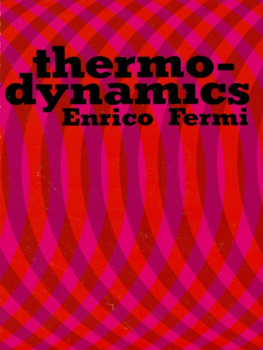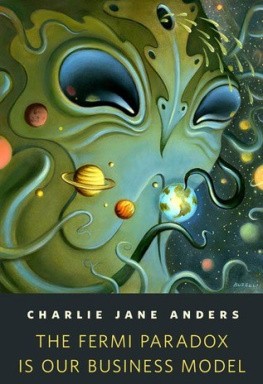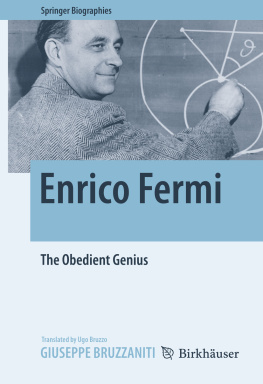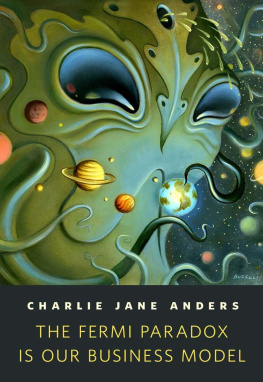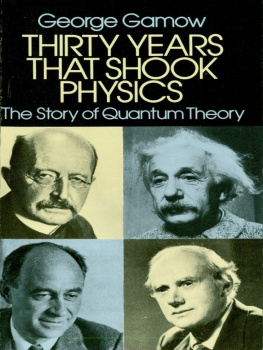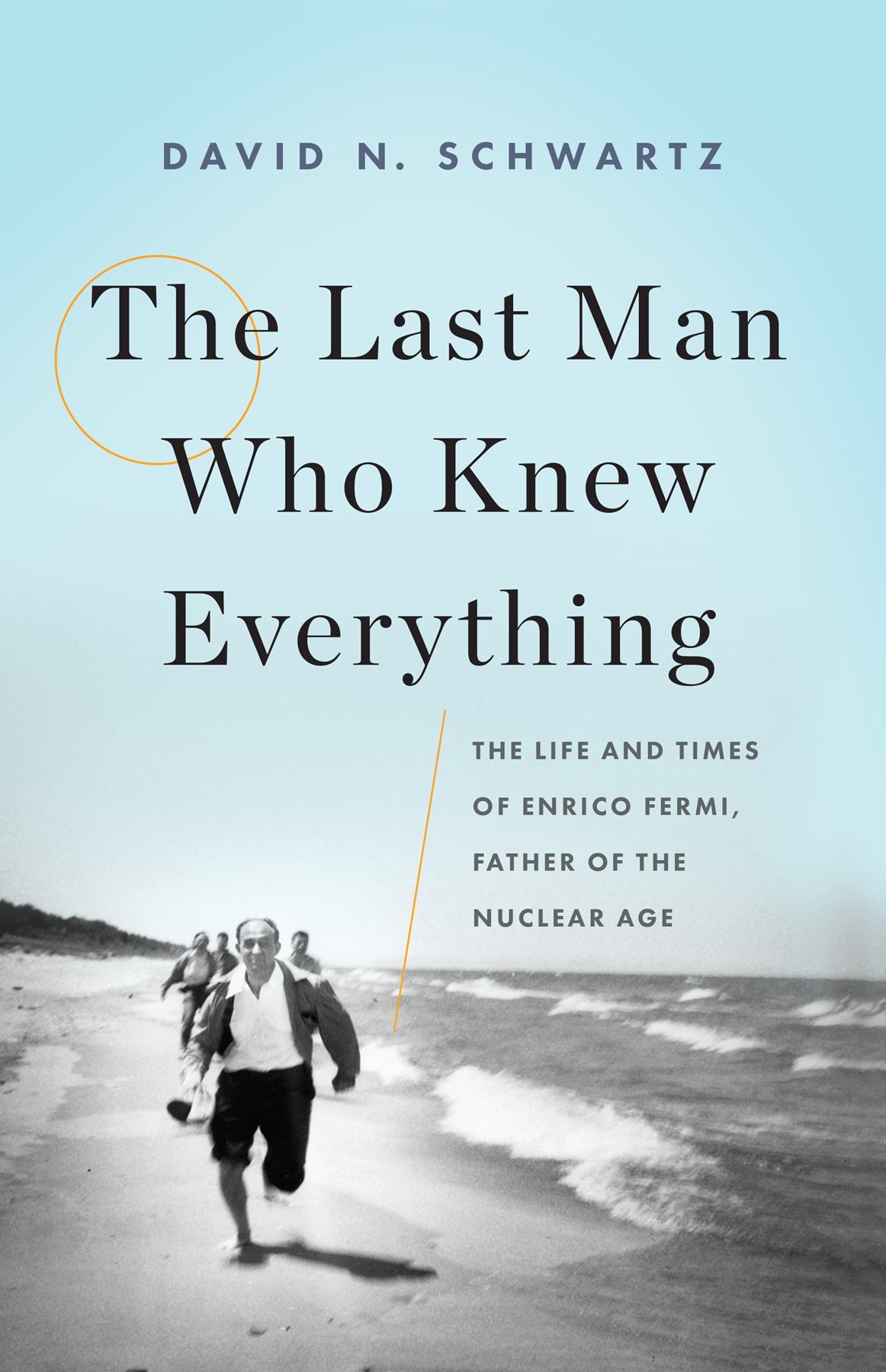Copyright 2017 by David N. Schwartz
Hachette Book Group supports the right to free expression and the value of copyright. The purpose of copyright is to encourage writers and artists to produce the creative works that enrich our culture.
The scanning, uploading, and distribution of this book without permission is a theft of the authors intellectual property. If you would like permission to use material from the book (other than for review purposes), please contact permissions@hbgusa.com. Thank you for your support of the authors rights.
Basic Books
Hachette Book Group
1290 Avenue of the Americas, New York, NY 10104
www.basicbooks.com
First Edition: December 2017
Published by Basic Books, an imprint of Perseus Books, LLC, a subsidiary of Hachette Book Group, Inc. The Basic Books name and logo is a trademark of the Hachette Book Group.
The publisher is not responsible for websites (or their content) that are not owned by the publisher.
Set in 11 point Adobe Caslon Pro
Library of Congress Cataloging-in-Publication Data
Names: Schwartz, David N., 1956author.
Title: The last man who knew everything : the life and times of Enrico Fermi, father of the nuclear age / David N. Schwartz.
Description: New York : Basic Books, an imprint of Perseus Books, LLC, a subsidiary of Hachette Book Group, Inc., [2017] | Includes bibliographical references and index.
Identifiers: LCCN 2017020558| ISBN 9780465072927 (hardcover) | ISBN 0465072925 (hardcover) | ISBN 9780465093120 (ebook) | ISBN 0465093124 (ebook)
Subjects: LCSH: Fermi, Enrico, 19011954. | PhysicistsItalyBiography. | PhysicistsUnited StatesBiography. | Nuclear physicistsItalyBiography. | Nuclear physicistsUnited StatesBiography.
Classification: LCC QC16.F46 S39 2017 | DDC 530.092 [B]dc23
LC record available at https://lccn.loc.gov/2017020558
E3-20180201-JV-PC
David Schwartz has written a highly readable account of an undervalued figure in the making of the atomic ageone that puts Enrico Fermi in the proper historical context.Gregg Herken, author of Brotherhood of the Bomb
In this compelling and well-researched biography, Schwartz reveals both triumph and tragedy in the life and work of Enrico Fermi, one of the greatest and hitherto most enigmatic scientists of the twentieth century.Frank Close, professor of physics, Oxford, and author of Neutrino and Half-Life
Enrico Fermi was a singular figure of modern science, and Schwartz has written a singular biography. His book is unusually adept and nuanced in its appreciation and explanation of both the scientific and humanistic aspects of its subject. It is also a joy to read, as Schwartz has a beautiful authorial voice that is perfectly appropriate for his subject matter: appreciative and sympathetic, without falling into the hyperbolic or uncritical. It is a rare book that will please both the experts and the novices, but I think this is such a rare book.Alex Wellerstein, assistant professor, Stevens Institute of Technology, and author of Restricted Data: The Nuclear Secrecy Blog
Enrico Fermi was part of a great brain drain preWorld War II from Axis nations, when ideology overwhelmed the search for truth and even self-interest. Despite what you might think from the title, The Last Man Who Knew Everything, this amazing book by Schwartz is brimming with anecdotes in which Enrico Fermi is not the smartest guy in the room. He is focused on family, colleagues, and meaning. Schwartz really puts us intimately at the table for the historic atomic revolution. This humanization of geniuses and forging public engagement in complex science is crucial today as we become ever more dependent on technological leadership. As fresh and riveting a biography as any you will find.George Church, author of Regenesis
A lucid writer who has done his homework, Schwartz delivers a thoroughly enjoyable, impressively researched account. Never a media darling like Einstein or Oppenheimer, Enrico Fermi (19011954) is now barely known to the public, but few scientists would deny that he was among the most brilliant physicists of his century. A rewarding, expert biography of a giant of the golden age of physics.Kirkus
NATOs Nuclear Dilemmas
Ballistic Missile Defense
(co-edited with Ashton B. Carter)
For Susan, with love, affection, and gratitude
M Y FATHER WAS A PARTICLE PHYSICIST. I N 1962, HE AND TWO of his colleagues conducted an experiment that demonstrated the existence of two distinct types of neutrinos, ghostly subatomic particles that can pass through hundreds of millions of miles of lead without bumping into a single atom. Hypothesized in a leap of imagination by the acerbic Viennese physicist Wolfgang Pauli, the neutrinos creation in radioactive processes was first explained by Enrico Fermi, who also gave the particle its Italianate name, meaning little neutral one. The 1962 experimenta direct legacy of one of Fermis most famous scientific achievementsmade the front page of the New York Times and won my father and his collaborators the 1988 Nobel Prize in Physics.
My connection to Fermi might well have been more direct if it were not for my fathers stubbornness as an undergraduate. in 1953, my father approached his favorite teacher, Jack Steinberger, and said that he wanted to stay at Columbia for his doctorate. He asked Jack to be his thesis adviser. Quite sensibly, Jack explained that it would be a mistake for my father to stay at Columbia and suggested doing a doctorate at the University of Chicago with Fermi. Jack had been one of Fermis first postwar graduate students, and the experience had changed Jacks life. With all the callowness youth can muster, my father objected that if he went to Chicago he would lose all the graduate credits he had accumulated as an undergraduate at Columbia. Jack relented and went on to become my fathers thesis adviser and then collaborator on the 1962 neutrino experiment.
So I always knew that Enrico Fermi was an important physicist, at least as far as my household was concerned.
My father passed away in 2006, at the relatively young age of seventy-three. Some seven years later, my mother called with the news that she had finally gone through a file cabinet my father kept in the family garage. She found hundreds of papers and documents stashed away and had no idea what to do with them. I suggested that she send them to me. When they arrived, I went through them and pulled out a series of entertaining letters and papers by a physicist named Valentine Telegdi. Telegdi was a young Fermi colleague in the early 1950s and a close friend of my father. One of the things he had sent my father was a paper he wrote about Fermis years at the University of Chicago after the war. , subsequently published in a collection of essays on great professors at Chicago edited by Edward Shils, was an eye-opener. I read with fascination about a physicist of astonishing breadth and depth, someone as adept in experiment as in theory, and a world-class teacher, to boot. Finishing the paper, I decided to get a good recent biography of the great man.
To my amazement, the most recent biography in English (as of summer 2013) was the one written by his first graduate student and later close colleague and friend, Emilio Segr. It was published in 1970. In the forty-odd years since then, an enormous amount of Nobel Prizecaliber research has extended Fermis legacy in the physics world. In addition, much has been published in the way of memoirs and historical studies to enhance our understanding of Fermi and his place in the world of physics. It seemed unjust to me that Fermione of the most dominant and most interesting figures in twentieth-century physicswas not as well known to the general public as Einstein or Feynman or Oppenheimer, about whom the public seems to have an insatiable interest.


